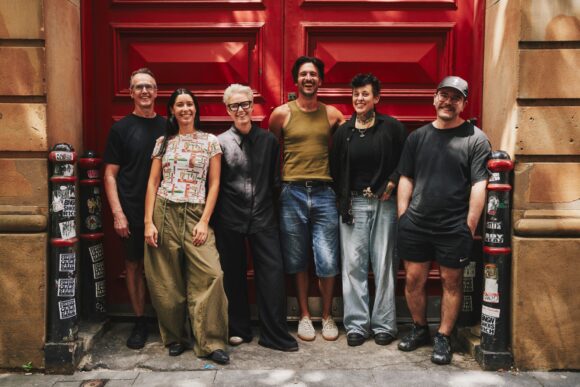The retail and hospitality sector in Australia remains relatively steady in terms of financial performance. However, retailers, including those in the hospitality sector, continue to face persistent headwinds and difficult trading conditions.
In this three-part series, Masi Zaki from Bird & Bird will cover some of the challenges facing Australian businesses in the sector, including those exposed to external administrations, the strategies that are working from administration, and how early intervention and turnaround strategies can help preserve long-term enterprise value for stakeholders.
Retailers and restaurant chains in Australia continue to grapple with high input costs and soft consumer demand. Some consumers are cutting back, especially on discretionary spending.
Hospitality related business closures are still high as food, energy, wages, and rent costs remain difficult to manage mid to long term. Many metropolitan-based retail businesses have lost urban foot traffic as hybrid work tendencies persist and A-grade CBD premises continue to hold unoccupied retail premises.
Businesses must also negotiate with landlords, banks, and suppliers for more flexible terms or forbearance. Entering voluntary administration offers breathing room, but not all businesses come out the other side. The majority fail.
Here’s what’s keeping retail and hospitality businesses and their appointed administrators up at night from our perspective.
Rising costs and weak spending
Retail and hospitality operators are caught between weak top-line sales and rising operating costs. Inflation has eased, but input costs remain high. Retail margins are under pressure as consumers look for value, shifting from discretionary fashion and department stores into essentials and groceries. In the hospitality industry, wage increases (particularly under the Fair Work Commission’s recent decisions) and rising energy bills have pushed many restaurants to the brink. Insolvency statistics continue to show that retail and hospitality-related collapses are significant.
Franchise complexity and stakeholder alignment
Many consumer-facing businesses operate under franchise or license models, adding layers of complexity to any restructuring.
When Carl’s Jr’s Australian licensee (Burgers of Tomorrow Pty Ltd) entered administration in May 2024, it only controlled 24 of 44 stores. Franchisees continued to trade, creating brand confusion, inconsistent customer experiences, and challenges for administrators.
Administrators also face pressure from landlords, suppliers and employees – all with competing interests.
Retail landlords may prefer liquidation (to re-lease prime space at higher rents), while employees want continuity and suppliers demand improved trade terms. Getting these stakeholders aligned quickly is one of the hardest parts of retail administration.
The likely outlook for 2025
Administrators expect a steady flow of mid-sized retail and hospitality appointments to continue in 2025. For those acting early, creative solutions exist (see Part 2). But, with the sector under strain, even those appointments that preserve operations often involve hard decisions: store closures, job losses, and fast-tracked sales.
That said, there will always be some value to be preserved and realised. Acquisition opportunities may also present themselves to buyers who have strong balance sheets and are capable of integrating new businesses into their existing groups.
Masi Zaki is a Partner at Bird & Bird in Australia, specialising in corporate restructures, turnarounds, and special situations across both Australian and global jurisdictions. He advises stakeholders in distressed investments and transactions, with expertise spanning financial services, energy, infrastructure, aviation, and retail. This article was republished with permission.
Read the other articles in the series:
https://www.restaurantbusiness.com.au/restructuring-hospitality-part-2-whats-working-in-restaurant-administrations/
https://www.restaurantbusiness.com.au/restructuring-hospitality-part-3-how-operators-can-avoid-voluntary-administration/







